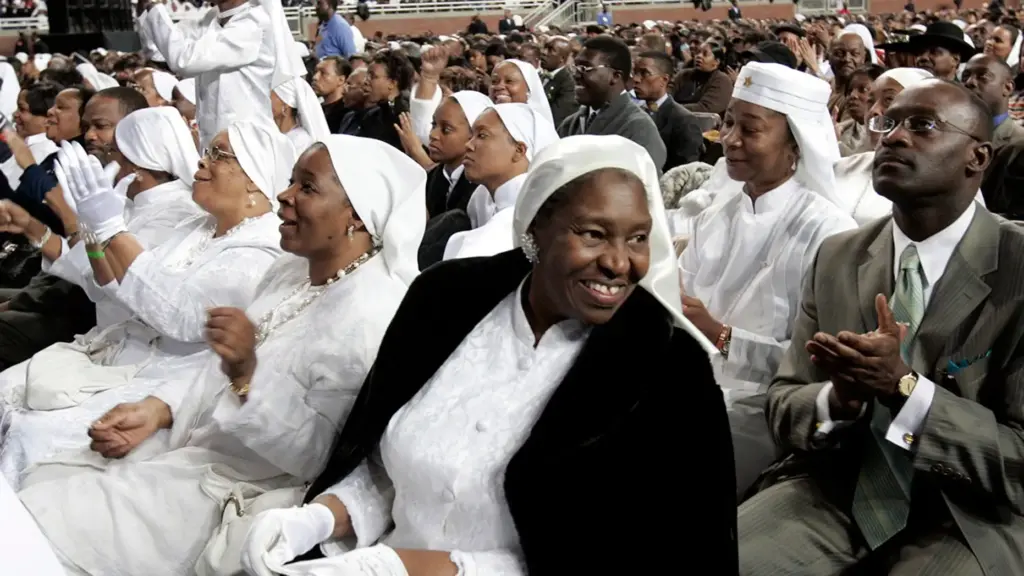A spiritual movement blending metaphysical teachings with traditional Christian elements.
Unity Church, also known as Unity, is a spiritual organization that merges metaphysical teachings with traditional Christian elements, emphasizing positive, practical Christianity. Founded in 1889 by Charles and Myrtle Fillmore, Unity arose from Transcendentalism and became a key part of the New Thought movement. The Fillmores were inspired by spiritual healing, leading them to explore the connections between world religions, science, and religion, significantly influenced by figures like Ralph Waldo Emerson and Mary Baker Eddy.
Overview
Unity introduces itself as a global, inclusive spiritual community, offering tools and resources to help individuals apply positive spiritual principles in their lives, regardless of their faith. It stands out by having no set creed or dogma and welcomes all people, promoting a belief in the inherent goodness and divine potential within everyone. Unity emphasizes spiritual healing, integrating medical treatments with spiritual practices.
History
The inception of Unity traced back to Myrtle Fillmore’s healing from tuberculosis, which she attributed to spiritual healing. This event propelled the Fillmores to delve into spiritual principles, eventually leading to the publication of various magazines and the founding of Unity Village. After Charles Fillmore’s death, leadership passed through their descendants, evolving its governance structure over time.
Organization
Unity churches operate autonomously, supported in minister training and educational resources by Unity Worldwide Ministries. With a presence across 650 churches and 1,700 leaders globally, Unity provides a broad spectrum of spiritual support and education.
Basic Teachings
Unity’s teachings rest on five core principles, emphasizing the omnipresence of God, the inherent goodness of human beings, the creative power of thoughts, and the importance of prayer and meditation. It advocates for applying these teachings practically in daily life for personal and spiritual growth.
God and Jesus
Unity portrays God as a universal spirit present everywhere, and Jesus as a master teacher exemplifying divine potential. It views all individuals as expressions of God, encouraging them to realize and express their divine nature.
The Bible
The Fillmores interpreted the Bible metaphysically, seeing it as a reflection of the soul’s spiritual journey. Unity regards the Bible as a central spiritual text, offering metaphysical interpretations alongside traditional narratives.
Affirmative Prayer
Prayer in Unity is seen as a creative act, focusing on positive affirmations and spiritual truth. Meditation and prayer are tools for experiencing God’s presence and transforming one’s life.
Relationship to Christianity
While maintaining its unique metaphysical stance, Unity seeks common ground with traditional Christianity, focusing on Jesus’s teachings, the role of the Holy Spirit, and the Bible. Unity positions itself as a non-sectarian educational institution rather than a conventional church, though it ordains ministers after comprehensive training.
Unity’s distinct approach to Christianity, emphasis on positive thought, and inclusive philosophy have contributed to its recognition and growth as a spiritual movement. It remains a significant presence in the broader landscape of religious and spiritual practice, offering a unique blend of metaphysical and Christian teachings.
image via Learn Religions




